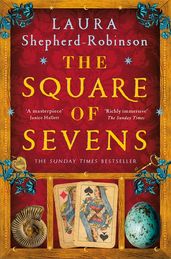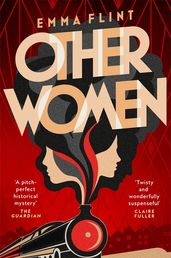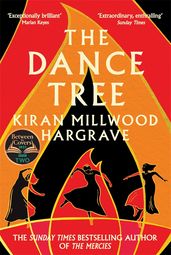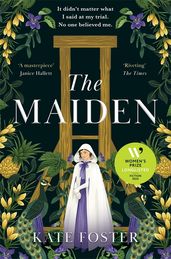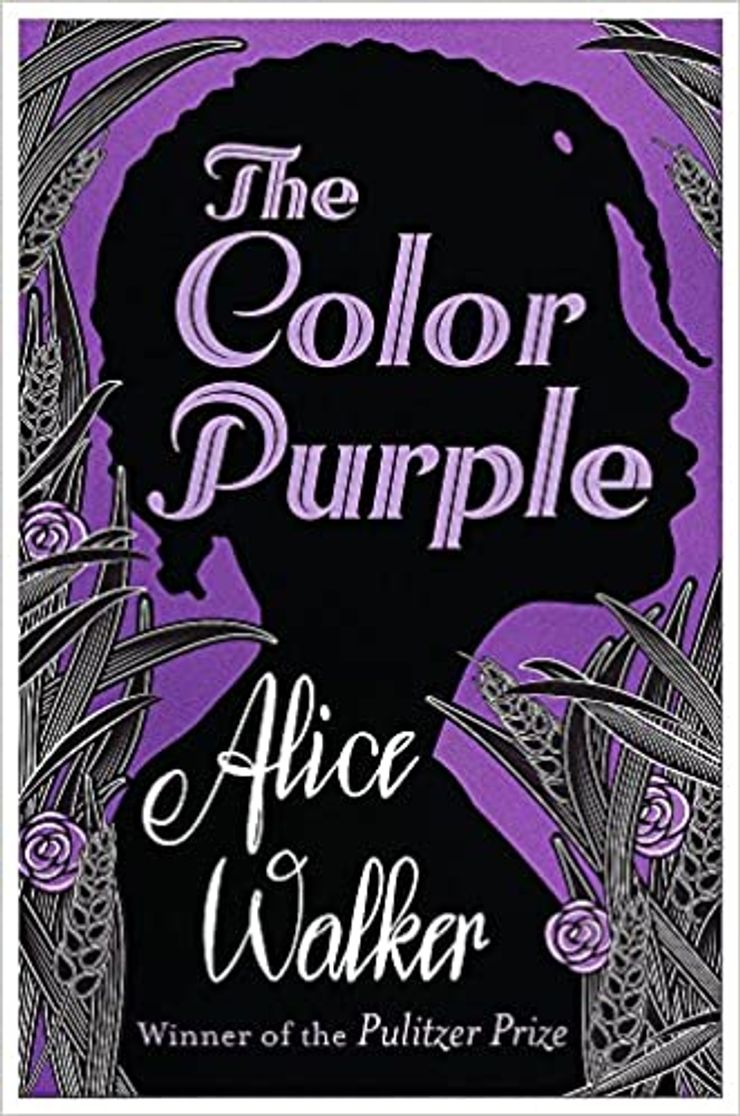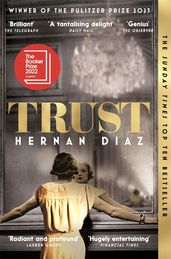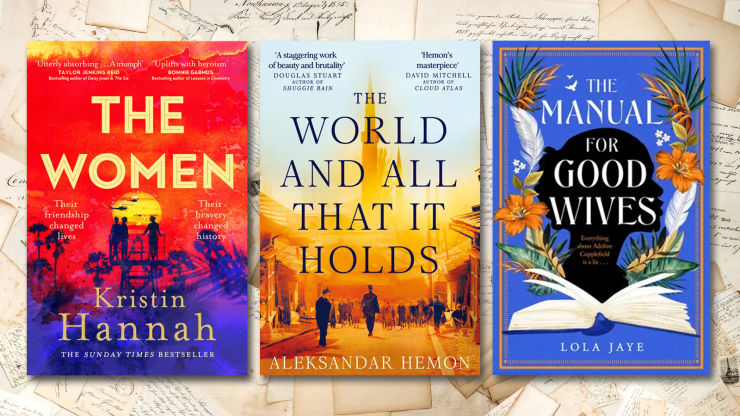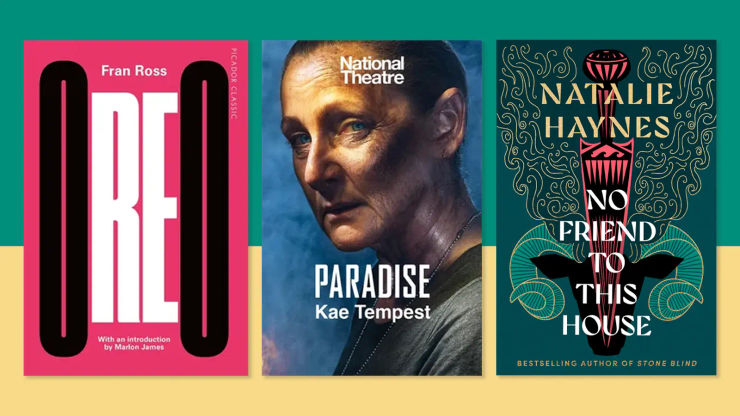Changing the record: historical fiction that gives women their stories back
Eight books set in the past that put women at the centre of the story.
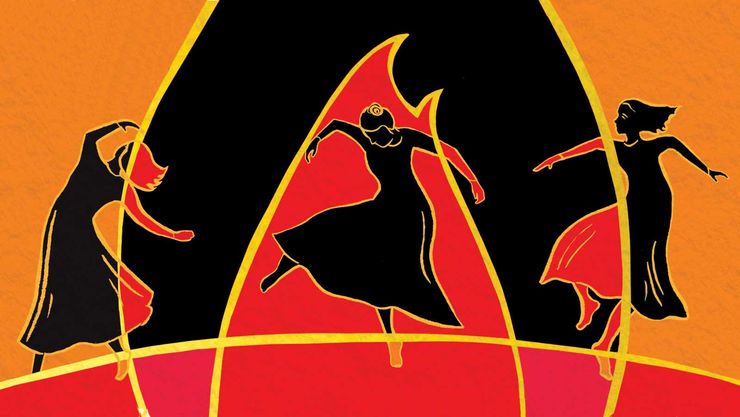
Is history always written by the victors? It is certainly often written by men. A great deal of historical sources – be they diaries, newspaper articles, archival records, even Wikipedia – come from a male perspective. But women's experiences are starting to be discussed more frequently, often through literature. Here are eight works of historical fiction that give women a voice not often afforded them in historical record.
If you're looking for books that present some of the great myths from a woman's perspective, you'll find some brilliant ideas in our list of the best retellings of Greek myths.
The King's Witches
by Kate Foster
The follow-up to Kate Foster's The Maiden (see below) gives voices to the women at the heart of the real-life witch trials in sixteenth-century Scotland. Princess Anna of Denmark is in the middle of a trial marriage to King James VI designed to assess her suitability. Her loyal lady-in-waiting, Kirsten, has her own quiet reasons for wanting the marriage to succeed. And Jura, a housemaid in North Berwick, escapes to Edinburgh only to find herself caught in a whirlwind of witchcraft and mania that has also swept up the Queen.
The Women
by Kristin Hannah
Frankie McGrath, a nursing student in 1965 California, has her world transformed when she's told "women can be heroes, too." Joining the Army Nurses Corps to follow her brother to Vietnam, Frankie faces the harsh realities of war and its aftermath. Amidst chaos and heartbreak, she finds strength in female friendship and learns the value of sacrifice and commitment. This emotionally charged novel illuminates the often-forgotten stories of women who bravely served their country. With a memorable heroine, searing insights, and lyrical beauty, The Women is a poignant tale of courage.
The Square of Sevens
by Laura Shepherd-Robinson
‘This is your story, Red. You must tell it well . . .’ When her father suddenly dies, Red becomes the ward of a gentleman scholar and is raised as a lady in Bath, delighting high society with her fortune telling. But she cannot ignore the questions about her own history: who was her mother? How did she die? Who were the enemies her father was always terrified of? Who is she, really? The pursuit of these mysteries takes her from Cornwall and Bath to London and Devon, with the possibility of great reward, but also grave danger. This tale of a woman taking control of her own story – told, appropriately, in the first person – is a dazzling Georgian-set page-turner.
Other Women
by Emma Flint
Based on a real case from the 1920s, Other Women tells the story of Beatrice, one of the thousands of nameless and invisible unmarried women trying to make lives for themselves after the First World War; Kate, the wife of the man Beatrice has fallen in love with; and what happens when fantasy and obsession turn to murder. Newspaper coverage at the time of the real-life trial focused nearly entirely on the man involved. This novel gives a voice both to the two women caught up in the crime and its aftermath, and, through Bea, to the 'other women' who slipped through society's net in the early twentieth century, "less visible and less noticed [...] neither one thing nor another [...] Misses without youth, middle-aged without wedding rings."
The Dance Tree
by Kiran Millwood Hargrave
In 1518, the city of Strasbourg was hit by a Dancing Plague. Between 50 and 400 people took to dancing without pause for weeks, many dying in the the heat. It is in this blistering, hysterical summer, that pregnant Lisbet finds herself thrust into a dangerous web of deceit and clandestine passion, alongside her best friend Ida, and Nethe, her sister-in-law, who has returned from seven years’ penance in the mountains for a crime no one will name. It is through their stories, and the vignettes that appear throughout the novel, detailing how different women came to join the dance, that Kiran Millwood Hargrave shines a light on women's experiences – including baby loss, something not always openly discussed even now.
The Maiden
by Kate Foster
Inspired by true events, The Maiden tells the story of Lady Christian Nimmo: newly married, leading a life of privilege, and charged with the murder of her lover (and uncle) James Forrester. "I took as a reference point [...] a scathing account of her life and trial from the manuscripts of John Lauder in Historical Notices of Scottish Affairs published in 1848, in which he describes her as leading a 'godless' life. I didn't believe that," explains author Kate Foster. In this impressive debut, she casts a twenty-first century eye on a seventeenth-century murder mystery to imagine who the real Christian might have been. Why would a woman in her position risk everything for an affair? And does that make her guilty of murder?
The Color Purple
by Alice Walker
Alice Walker's classic demonstrates the intersectionality of oppression – and gives a voice to those oppressed – through the experiences of Celie, a young black girl born into poverty and segregation in the American South between the wars. Raped repeatedly by the man she calls 'father', she has two children taken away from her, is separated from her beloved sister Nettie and is trapped into an ugly marriage. But then she meets the glamorous Shug Avery, and Celie slowly discovers the power and joy of her own spirit, freeing her from her past and reuniting her with those she loves.
Trust
by Hernan Diaz
Hernan Diaz's metafictional Pulitzer Prize-winner tackles the reduction and erasure of women's stories through history head on by intentionally perpetuating the problem. The book very deliberately deprives its central female character, Mildred Bevel, of her own voice and her central position in the narrative for a large part of the novel. We meet her as Helen Rask, the character based on her in Harold Vanner’s transparent novelisation of her husband, Andrew Bevel’s, life. She's then the ‘too fragile, too good for this world’ purveyor of ‘domestic delights’, in the memoir Andrew begins in order to set the record straight, and finally the enigmantic subject of his memoirist, Ida Partenza’s, curious investigations. As each ofTrust’s narratives knock each other askew, the final revelation of Mildred's own voice is made even more powerful by the manipulation that comes before it.
Discover the best fiction books everyone is talking about


